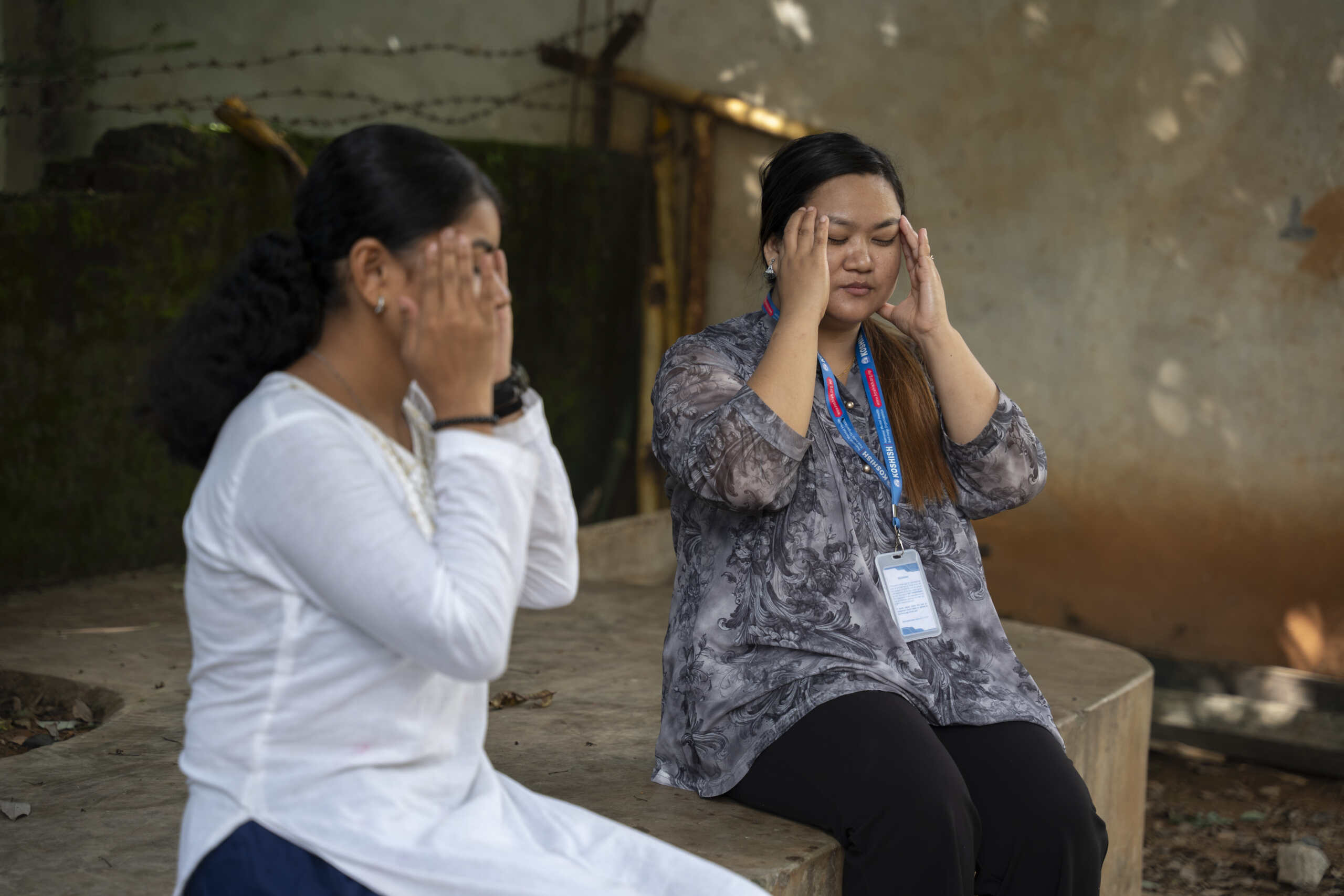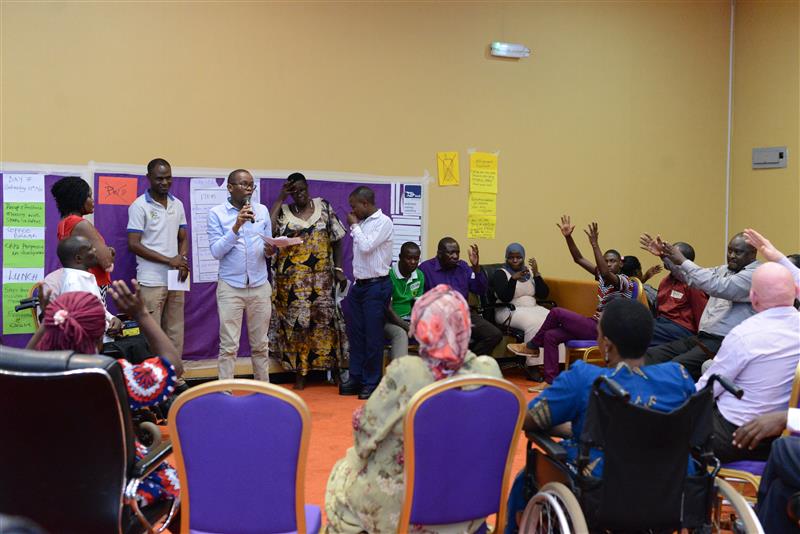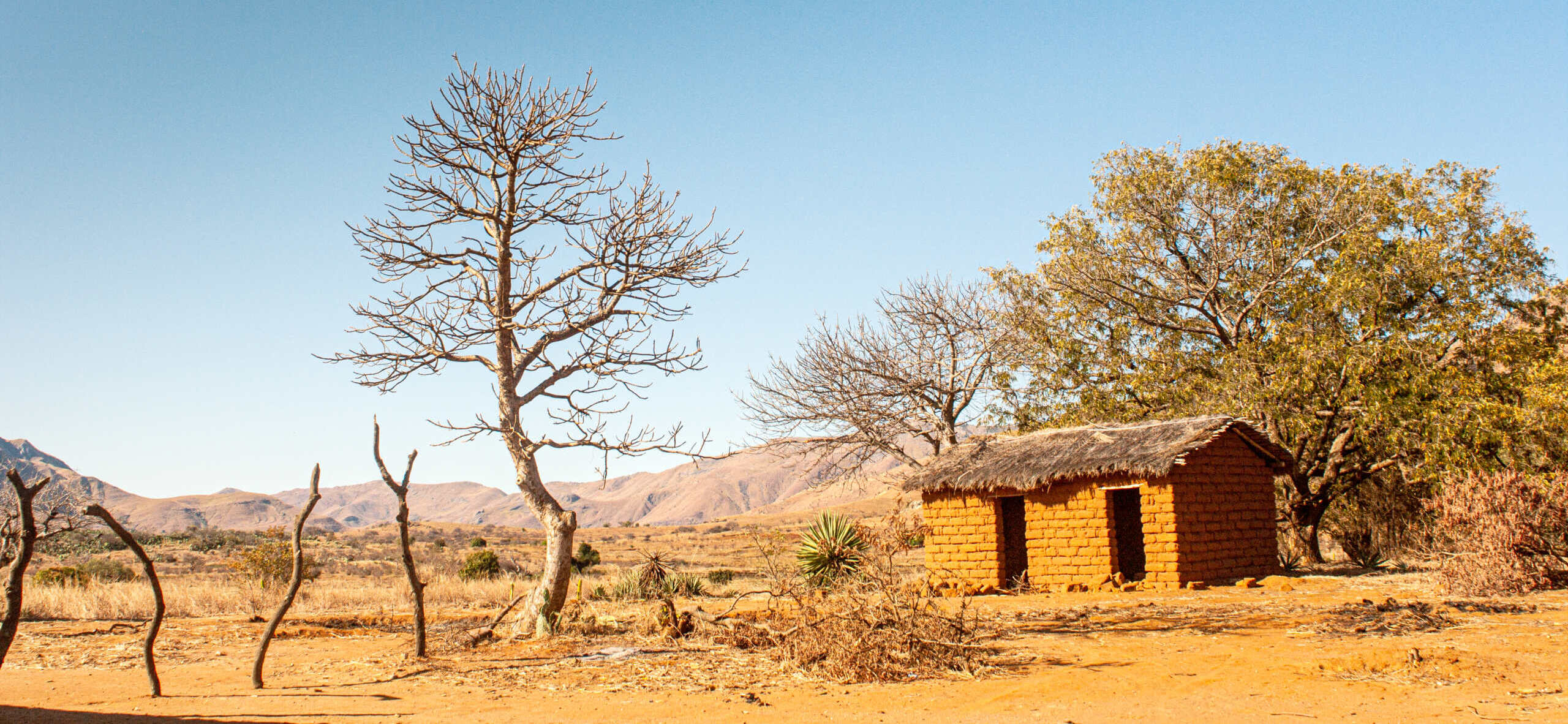What our partners told us and how it shapes our future
Blog | September 29, 2025
“We’ve worked with several funders. CBM Global is different. Others barely check on us – CBM Global works with us.” – Partner survey respondent
One of our strategic priorities as a Federation is to shift power in partnerships. We have been on an exciting journey since 2019 to become more locally led and to increasingly shift decision-making power to partner organisations and local communities. Foundational to this commitment is the routine practice of listening to and receiving feedback from our partners in order that we can continually improve.
David Bainbridge, CBM Global’s Executive Director, says:
“I am delighted that with the 2025 Partner Feedback Exercise we have received a wealth of input, both from the survey findings and independent interviews, highlighting where we are doing well and where we can change. I love the quote above as it captures what we strive for as a Federation – that partnership for us is so much more than a flow of funding or a set of compliance checks, but that we pursue deep and authentic, respectful relationships, growing and learning together in achieving our shared aims.”
What our partners told us
The 2025 Partner Feedback Exercise highlighted several encouraging themes.
- Trusted ally, not just a donor: Many partners spoke of CBM Global’s role as a collaborator and advocate, rather than only as a source of funding. One partner expressed it clearly: “CBM Global is more than a donor – they extend their arms.”
- Openness, trust, and agility: Partners shared their appreciation for the relationships built on mutual respect and the ability to respond flexibly to local needs.
- Progress on localisation and shared leadership: Several reflected that decision-making is becoming more inclusive, with organisations of persons with disabilities (OPDs) and local organisations increasingly taking the lead in planning and evaluation.
As one interviewee said: “Partnership is about working, learning and growing together to achieve a common goal, knowing we can achieve much more together than we ever could apart.”
Where we need to improve
Alongside positive feedback, partners also gave clear guidance about where CBM Global can strengthen.
- Greater autonomy in implementation: While co-design was widely valued, some partners felt there is more to do in giving them autonomy throughout the project cycle.
- Simplified reporting and aligned policies: Reporting tools and requirements were sometimes seen as heavy, taking time away from impact delivery. Partners asked for processes that fit better with their systems.
- Capacity exchange and shared learning: Partners expressed a desire for more mentoring, peer-to-peer opportunities, and long-term collaboration that strengthens organisations beyond project boundaries.
This feedback is vital. Honest critique helps us see where our systems and processes do not yet fully align with our partnership principles. It keeps us accountable to the principles of equality and inclusion, ensuring we continue to adapt and improve in partnership with those closest to communities.
Country Director reflections
Our Country Directors bring these themes to life with reflections from their own contexts. Their voices highlight how openness, leadership, and localisation are not abstract ideas but lived practices that shape daily collaboration with partners.
Marisa Kristianah of CBM Global Indonesia shares her thoughts on trust, openness, and agility:
“With our partners, we have created an environment that fosters openness, trust, and agility in response to the needs of the communities in which we work. This has been one of the most consistent messages we heard in the feedback exercise, and it reflects the spirit of partnership we want to nurture in Indonesia. Partners appreciate that we are willing to adapt and respond to local realities rather than imposing rigid approaches. Building trust means being intentional about co-owning decisions and ensuring flexibility is built into every stage of programme design and delivery.”
Rajan Bhattarai of CBM Global Nepal reflects on partner leadership and localisation in practice:
“A key message from our partners is the importance of leadership and localisation in practice. They want to see more space for their organisations to set priorities, take decisions, and lead implementation. This is not only about inclusion in design but about ensuring genuine autonomy at every stage of the programme cycle. For me, feedback is both a mirror and a compass: it shows us where we are and directs us towards a future where power is genuinely shared.”
Satry Ramaroson of CBM Global Madagascar talks about bringing improvement commitments closer to country level:
“One of the clearest messages from our partners in Madagascar is the importance of bringing action closer to the country level. Feedback should not remain at the global level alone — it must shape the way we work day-to-day with partners in their own contexts. That is why we are co-developing country action plans that directly respond to what partners told us. This approach ensures that feedback is not a one-off event but an ongoing dialogue, where partners can see their perspectives turned into practical steps. For me, this is localisation in action: ensuring that commitments translate into changes on the ground and that partners remain at the centre of decision-making.”
Shared meaning for our work
Looking across all countries, the feedback carries three strong messages:
- Partnership is more than funding. It is rooted in trust, respect, and shared goals.
- Decision-making must be inclusive. Partners want space not only to be consulted but to lead.
- Systems must support, not burden. Tools and processes should facilitate good planning, design and learning and build capacity, not create barriers.
For CBM Global, this reinforces our commitments to optimise processes, strengthen organisations, and pursue localisation. These are not abstract principles; they are practical steps that ensure our systems reflect the kind of partnerships we aspire to.
Closing
David, reflecting on the Partner Feedback Exercise, says:
“Our 2025 Partner Feedback Exercise is a timely moment for reflection and action. Once again I am so deeply grateful to all the partners who participated in our 2025 Partner Survey and to those partner organisations who also agreed to be interviewed. Thank you for giving of your time in this way and for your valuable insights which will enable us to grow and improve.”
Any strong partnership relies upon openness, trust, respect and transparency and a commitment to ‘walk the talk’, putting words into action. We have identified a set of improvement commitments in response to the feedback received and will be reviewing progress and publishing updates in the months ahead, until we conduct our next feedback exercise.
Interested to know what our partners have to say about us? Read our 2025 Partner Feedback Exercise report and check out our commitments.
https://cbm-global.org/blog/what-our-partners-told-us-and-how-it-shapes-our-future
Related News

Breaking Stigma, Building Hope: Suicide Prevention in Nepal
After losing her young daughter to suicide, Maya developed a mental health condition while...

Accessibility, reasonable accommodation, and budgeting for inclusion
Budgeting for inclusion, accessibility, and reasonable accommodation must be...

OPDs Lead Climate & Disability Advocacy Training across Eight Countries
CBM Global, in partnership with disability, youth and climate...
